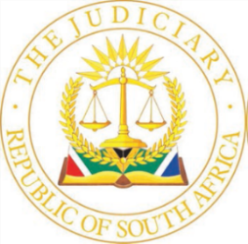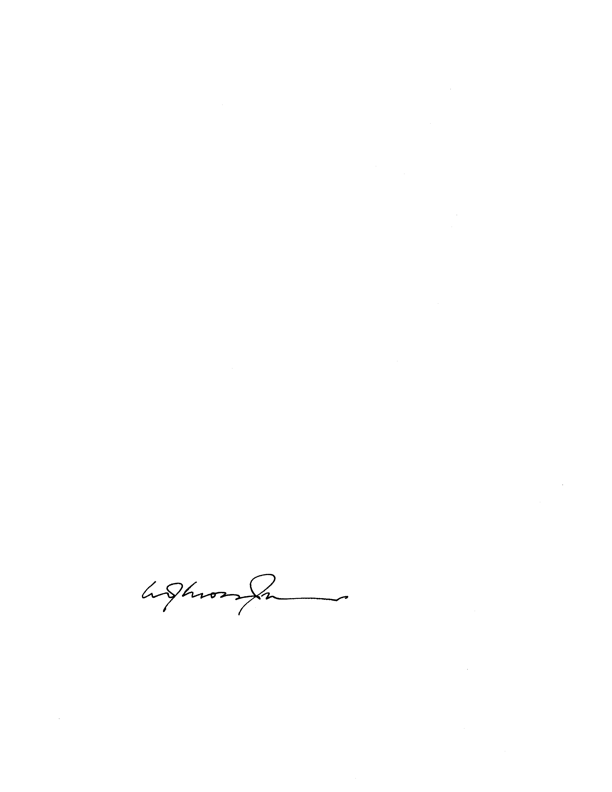
IN THE HIGH COURT OF SOUTH AFRICA
KWAZULU-NATAL DIVISION, PIETERMARITZBURG
Case No: 5034/2020P
In the matter between:
HEMANTH RAJKUMAR SINGH N.O. FIRST APPLICANT
BALAN NAIDOO N.O. SECOND APPLICANT
PRAVESH RAJKUMAR SINGH N.O. THIRD APPLICANT
HEMNATH RAJKUMAR SINGH FOURTH APPLICANT
and
ABSA BANK LIMITED RESPONDENT
Coram: Mossop J
Heard: 28 July 2023
Delivered: 28 July 2023
ORDER
The following order is granted:
1. The application for leave to appeal is refused with costs.
JUDGMENT
MOSSOP J:
[1] On 12 April 2023 I handed down judgment in this matter. In that judgment, I confirmed my earlier decision to refuse the respondents leave to deliver a further answering affidavit and I granted judgment against the respondents, jointly and severally, the one paying the other to be absolved, for payment of the sum of R18 039 598.59, interest thereon at the rate of 8,25% (prime plus 1.00%) per annum capitalised monthly from 2 June 2020 to date of payment, both days included and costs of suit on the scale as between attorney and client.
[2] The applicants now seek leave to appeal each of the orders that I granted. This morning, they were now represented by Mr Kissoon Singh SC and the respondent was, as before, represented by Mr van Rooyen. Counsel are thanked for their or their assistance.
[3] Section 17 of the Superior Courts Act, 10 of 2013 (the Act) regulates applications for leave to appeal from a decision of a High Court. It provides as follows:
‘(1) Leave to appeal may only be given where the judge or judges concerned are of the opinion that -
(a) (i) the appeal would have a reasonable prospect of success; or
(ii) there is some other compelling reason why the appeal should be heard, including conflicting judgments on the matter under consideration;
(b) the decision sought on appeal does not fall within the ambit of section 16(2)(a); and
(c) Where the decision sought to be appealed does not dispose of all the issues in the case, the appeal would lead to a just and prompt resolution of the real issues between the parties.'
[4] Prior to the enactment of the Act, the applicable test in an application for leave to appeal was whether there were reasonable prospects that an appeal court may come to a different conclusion than that arrived at by the lower court. The enactment of the Act has changed that test and has significantly raised the threshold for the granting of leave to appeal.1 The use of the word ‘would’ in the Act indicates that there must be a measure of certainty that another court will differ from the court whose judgment is sought to be appealed against.
[5] Leave to appeal may thus only be granted where a court is of the opinion that the appeal would have a reasonable prospect of success, and which prospects are not too remote.2 As was stated by Schippers JA in MEC for Health, Eastern Cape v Mkhitha and Another3:
‘An applicant for leave to appeal must convince the court on proper grounds that there is a reasonable prospect or realistic chance of success on appeal. A mere possibility of success, an arguable case or one that is not hopeless, is not enough. There must be a sound, rational basis to conclude that there is a reasonable prospect of success on appeal.’
[6] My judgment against which leave to appeal is sought is comprehensive and I stand by the reasons set out therein. I have, however, considered the respective arguments, authorities and submissions of both counsel in proposing and resisting the applicant’s application for leave to appeal.
[7] Dealing briefly with the grounds advanced as allegedly constituting the basis for the submission that another court may come to a different decision than the decision that I came to, I commence with my refusal to allow the applicants to deliver a further answering affidavit. The delivery of further affidavits beyond those prescribed by Uniform Rule 6 is a discretionary power held by the court. Naturally, that discretion must be judicially exercised. As I stated in the judgment, an application to deliver a further affidavit should only be granted if good reasons are provided for the granting of this indulgence by the party seeking it.4 The question is not whether the handing up of a further affidavit will be prejudicial to the other side. Rather the issue is whether the party seeking to deliver the further affidavit has established exceptional circumstances which render it fair to permit its acceptance.5 The reason advanced for the grant of this indulgence was that the respondents changed attorneys. I considered this reason, which I found to be less than compelling, and in the exercise of my discretion refused the application. I am unpersuaded that another court will conclude that I did not properly exercise my discretion.
[8] The general defence raised by the applicants to the respondent’s claim was that they had been prejudiced in their positions as sureties because the respondent had advanced a loan to the principal debtor without insisting on the passing of a general notarial bond to the value of R8 million over the moveable assets of the principal debtor. In Absa Bank Ltd v Davidson,6 the Supreme Court of Appeal considered the proposition that there is a general principle in our law that dictates that if a creditor does anything in its dealings with a principal debtor that has the effect of prejudicing a surety, the surety is entitled to claim his full release from his obligations. Olivier JA stated in this regard that:
‘As a general proposition prejudice caused to the surety can only release the surety (whether totally or partially) if the prejudice is the result of a breach of some or other legal duty or obligation. The prime sources of a creditor's rights, duties and obligations are the principal agreement and the deed of suretyship. If, as is the case here, the alleged prejudice was caused by conduct falling within the terms of the principal agreement or the deed of suretyship, the prejudice suffered was one which the surety undertook to suffer.’7
[9] Both deeds of suretyship of application in the matter contained an acknowledgement by the surety that the applicant may:
‘release in whole or in part present or future security, including this suretyship or the suretyship of co-sureties, in respect of the debtor’s obligations to the bank;’.
[10] I therefore found that there was no breach by the respondent of any legal duty or obligation. I do not intend going through the other secondary defences raised by the applicants. I dealt with each one of them in my judgment.
[11] After a thorough consideration of the grounds upon which leave to appeal is sought, I remain unpersuaded that there are reasonable prospects that another court would come to a different conclusion than the one to which I came.
[12] The purpose behind requiring litigants to obtain leave to appeal and not simply allowing an automatic right of appeal to exist in every matter was considered in Dexgroup (Pty) Ltd v Trustco Group International (Pty) Ltd,8 where Wallis JA said that:
‘The need to obtain leave to appeal is a valuable tool in ensuring that scarce judicial resources are not spent on appeals that lack merit.’
[13] In my view, this application for leave to appeal lacks merit.
[14] I accordingly grant the following order:
The application for leave to appeal is dismissed with costs.

__________________________
MOSSOP J
APPEARANCES
Counsel for the applicants : Mr A K Kissoon Singh SC
Instructed by : Rakesh Maharaj and Company
87 Mahatma Ghandi Street
KwaDukuza
Counsel for the respondent : Mr R M van Rooyen
Instructed by : MCH Attorneys Inc
Rydall Vale Park
3 Rydall Vale Crescent
La Lucia Ridge
Date of Hearing : 28 July 2023
Date of Judgment : 28 July 2023
1 Public Protector of South Africa v Speaker of the National Assembly and Others (8500/2022) [2022] ZAWCHC 222 (3 November 2022) para 14.
2 Ramakatsa and Others v African National Congress and Another [2021] JOL 49993 (SCA) para [10]
3 MEC for Health, Eastern Cape v Mkhitha and Another [2016] ZASCA 176 para 17.
4 Amedee v Fidele and others [2021] ZAGPJHC 837 para 79.
5 Impala Platinum Ltd v Monageng Mothiba N.O. and Others [2016] ZALCJHB 475.
6 Absa Bank Ltd v Davidson 2000 (1) SA 1117 (SCA).
7 Ibid para 19.
8 Dexgroup (Pty) Ltd v Trustco Group International (Pty) Ltd 2013 (6) SA 520 (SCA) para 24.
Cited documents 1
Judgment 1
Documents citing this one 4
Judgment 4
- Caterpillar Financial Services South Africa (Pty) Ltd v Azania Money Growth (Pty) Ltd (57254/2021) [2023] ZAGPJHC 1128 (2 October 2023)
- Caterpillar Financial Services South Africa (Pty) Ltd v Zero Azania (Pty) Ltd (57252/2021) [2023] ZAGPJHC 1127 (2 October 2023)
- Poole and Another v Rashida Industries (Pty) Ltd and Others (067770/2023) [2023] ZAGPPHC 1206 (26 October 2023)
- Zero Azania (Pty) Ltd v Caterpillar Financial Services SA (Pty) Ltd ; Azania Money Growth (Pty) Ltd v Caterpillar Financial Services SA (Pty) Ltd (A2023/100001) [2023] ZAGPJHC 1391 (21 November 2023)
